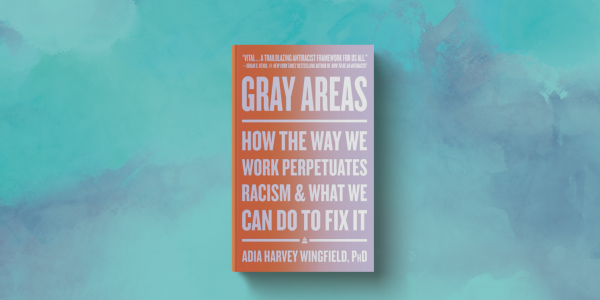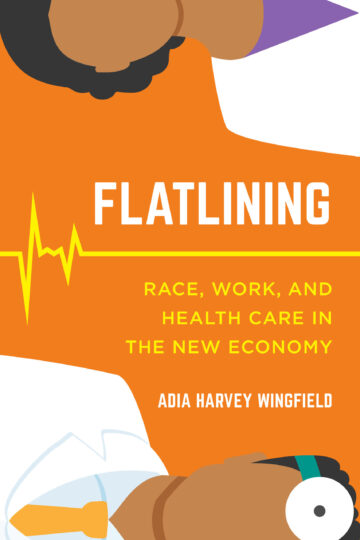Professor Wingfield specializes in research that examines the ways intersections of race, gender, and class affect social processes at work.
Adia Harvey Wingfield is the Mary Tileston Hemenway Professor of Arts & Sciences and Assistant Vice Provost at Washington University in St. Louis, where she co-directs the Office of Public Scholarship. Professor Wingfield’s research examines how racial and gender inequality persist in professional occupations and has been published in numerous peer-reviewed journals including American Sociological Review, American Journal of Sociology, and Annual Review of Sociology. She is the author of several books, most recently Gray Areas: How the Way We Work Perpetuates Racism and What We Can Do to Fix It, which was listed as one of Publisher’s Weekly’s best books of 2023. Professor Wingfield is also the recipient of multiple awards, including the Richard A. Lester Award from Princeton University, the Cox-Johnson-Frazier Award from the American Sociological Association, and the C. Wright Mills Award from the Society for the Study of Social Problems. She also regularly writes for mainstream outlets such as The Atlantic, Slate, and Harvard Business Review. Professor Wingfield is the 116th President of the American Sociological Association, a fellow of the Canadian Institute for the Advancement of Research, and an elected member of the American Academy of Arts & Sciences.







